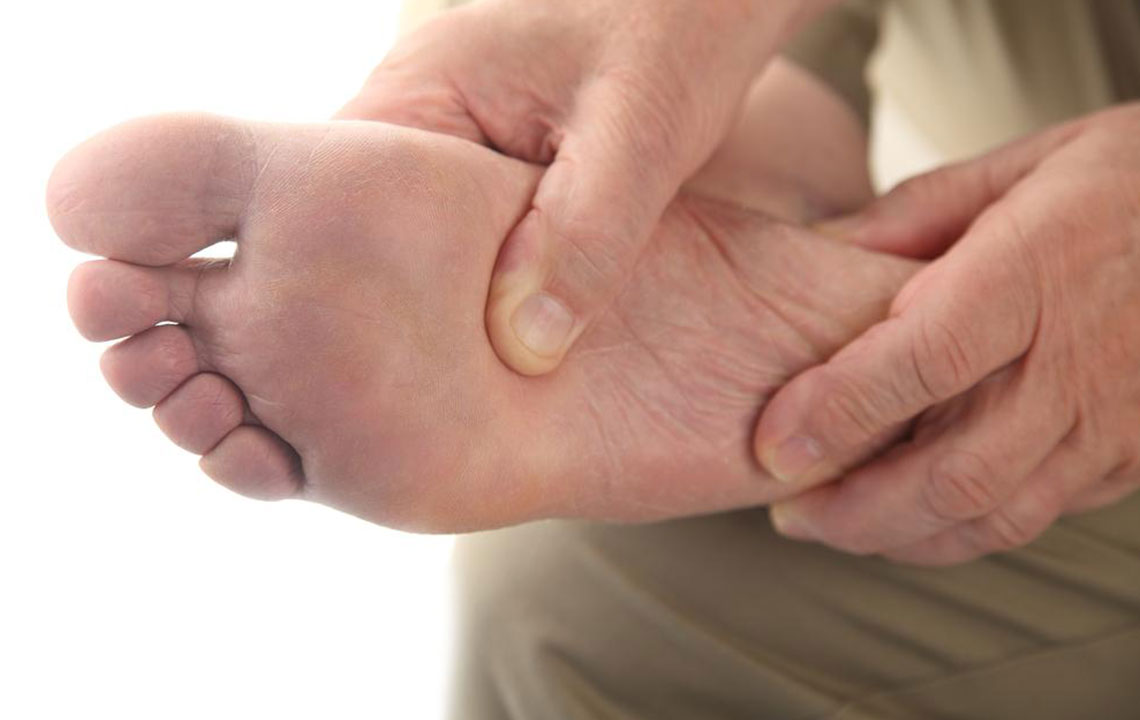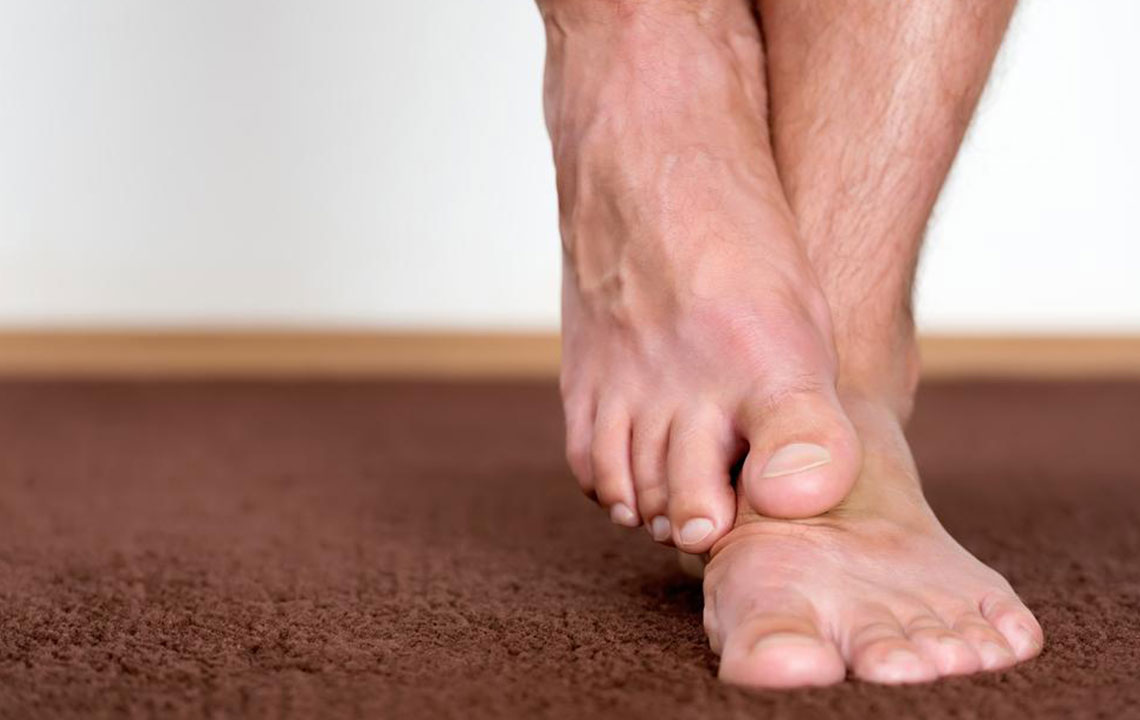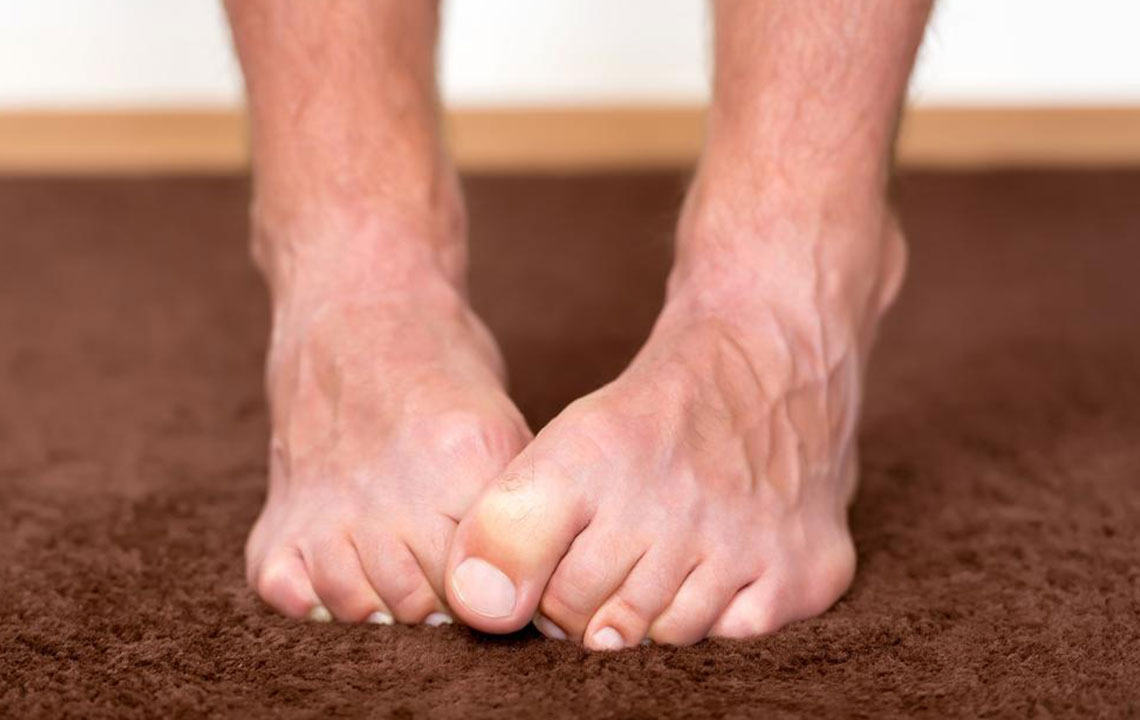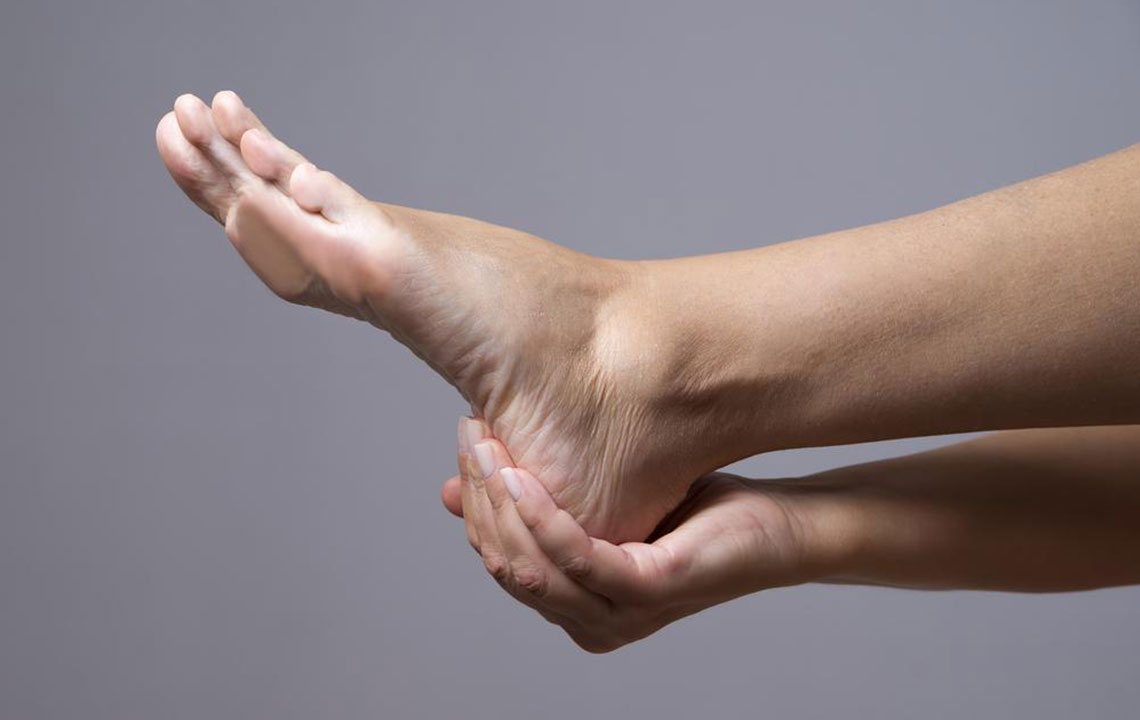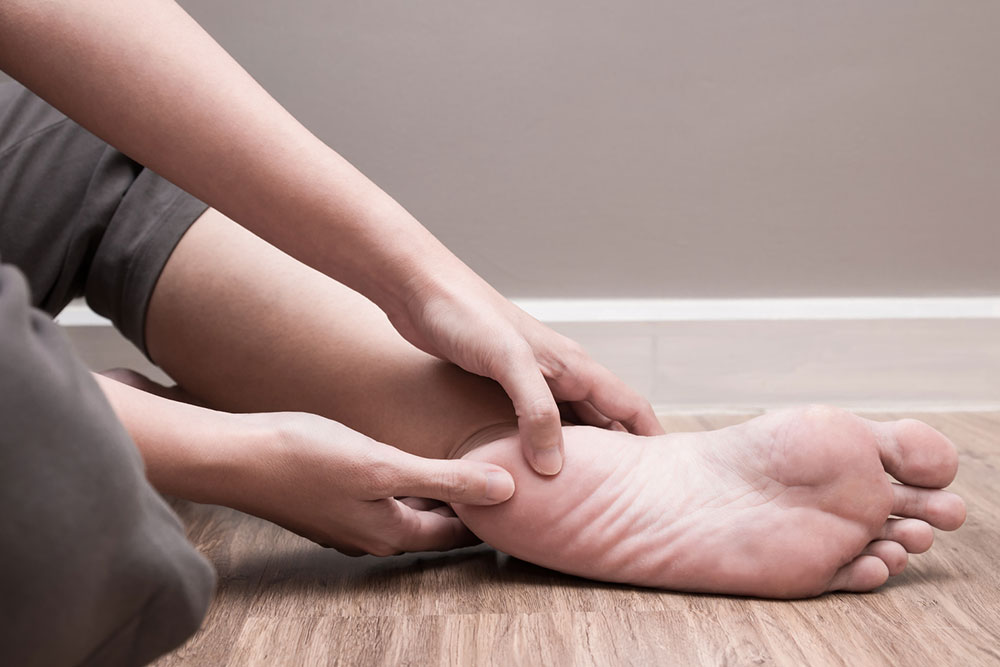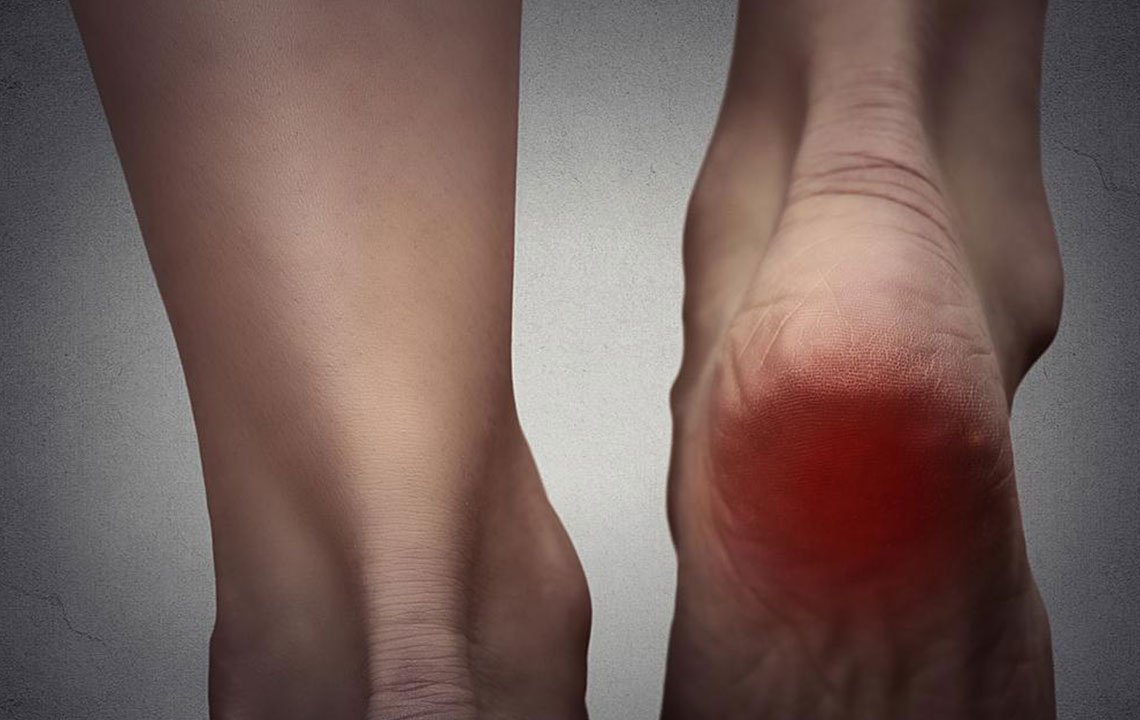Effective Strategies to Alleviate Foot Neuropathy Symptoms and Improve Mobility
Explore comprehensive relief strategies for foot neuropathy, including lifestyle changes, medical treatments, and preventive tips to enhance comfort and mobility. Learn how early intervention can prevent complications and improve nerve health for better quality of life.

Effective Strategies to Alleviate Foot Neuropathy Symptoms and Improve Mobility
Foot neuropathy, also known as peripheral neuropathy affecting the feet, manifests through a range of uncomfortable sensations including numbness, tingling, weakness, and episodes of pain. This condition results from nerve damage in the peripheral nerves, which are responsible for transmitting signals between the brain, spinal cord, and limbs. Nerve impairment in the feet can significantly impact daily life, leading to difficulties in walking, maintaining balance, and feeling sensations from hot or cold stimuli. Early diagnosis and proactive management are essential to prevent further nerve damage, reduce discomfort, and maintain quality of life. In this comprehensive guide, we explore effective relief strategies, including lifestyle modifications, medical interventions, and preventive tips, to help individuals manage foot neuropathy symptoms effectively.
Managing Foot Neuropathy: Essential Tips
If you're experiencing persistent symptoms such as numbness, tingling, burning sensations, or weakness in your feet, it’s imperative to seek medical evaluation promptly. A healthcare professional, such as a neurologist or a podiatrist, can conduct comprehensive assessments to determine underlying causes and tailor treatment plans. Addressing foot neuropathy early helps in alleviating discomfort and preventing further complications like foot ulcers or infections. To manage symptoms and support nerve health, consider the following strategies:
Adopt footwear that provides excellent support and fits well to reduce pressure on affected nerves.
Perform routine foot inspections daily, using a mirror if necessary, to catch injuries or skin changes early.
Maintain good foot hygiene and moisturize regularly to minimize the risk of infections.
Control underlying conditions such as diabetes or autoimmune diseases that contribute to nerve damage.
Beyond medical treatment, lifestyle changes can significantly improve your condition. Incorporating specific exercises, managing blood sugar levels, and making dietary modifications can support nerve repair and overall vascular health. Consistent management is key to minimizing symptoms and enhancing mobility.
Practical Tips for Daily Management
Effective management of foot neuropathy involves proactive daily routines designed to protect your feet and promote nerve health. Here are some practical tips:
Wearing well-fitted, cushioned, and supportive footwear helps shield your feet from injury and lessens nerve irritation.
Engage in gentle foot exercises such as rolling a ball under your foot or stretching your calves to boost circulation.
Avoid walking barefoot to prevent cuts, punctures, or burns that may go unnoticed due to numbness.
Keep blood sugar levels within target ranges if you have diabetes, as uncontrolled blood sugar exacerbates nerve damage.
Schedule regular foot checkups with your healthcare provider to monitor your condition and adjust treatments as necessary.
By adopting these habits, you can reduce pain, prevent injury, and support nerve regeneration. Remember, managing foot neuropathy is an ongoing process that benefits from a multidisciplinary approach involving medical experts, physical therapists, and your own diligent care.
Advances in Medical Treatments and Therapies
In addition to lifestyle modifications, modern medical treatments offer promising options for those suffering from foot neuropathy. Medications such as anticonvulsants, antidepressants, and topical agents can help diminish nerve pain. For severe cases, procedures like nerve blocks or electrical nerve stimulation may be considered. Physical therapy also plays a vital role, focusing on improving range of motion, balance, and strength. Emerging therapies like stem cell treatments and regenerative medicine are being explored for their potential to repair nerve damage at a cellular level.
Furthermore, managing underlying health conditions through comprehensive medical care is pivotal. For example, strict blood sugar control in diabetics is essential to prevent further nerve deterioration. Regular follow-up appointments and adherence to prescribed therapies are critical for optimal outcomes. The goal of these advanced approaches is not only symptom relief but also promoting nerve healing and preventing progression.
Prevention and Long-term Care Strategies
Preventing foot neuropathy or halting its progression requires a sustained commitment to health and lifestyle habits. Lifestyle modifications include maintaining a balanced diet rich in vitamins B12, E, and antioxidants, which support nerve health. Regular physical activity enhances circulation and overall well-being. Avoiding smoking and excessive alcohol consumption is crucial, as both can impair nerve regeneration and worsen symptoms.
For individuals with chronic health issues like diabetes, ongoing monitoring and tight control of blood glucose are essential. Diabetic foot care education, including the importance of foot hygiene, proper footwear, and routine examinations, can greatly reduce the risk of foot ulcers and infections. In some cases, health professionals may recommend custom orthotics or specialized footwear to distribute pressure evenly and protect vulnerable areas.
Adopting a proactive approach to foot care and nerve health can significantly improve your quality of life, reduce the likelihood of complications, and preserve mobility. Combining medical interventions with daily preventive practices creates a comprehensive strategy for managing foot neuropathy effectively.
In conclusion, managing foot neuropathy involves a multifaceted approach that includes early diagnosis, lifestyle modifications, medical treatments, and preventive care. By understanding your condition and proactively adopting a comprehensive care plan, you can alleviate symptoms, prevent worsening, and enjoy a more comfortable, active life.
